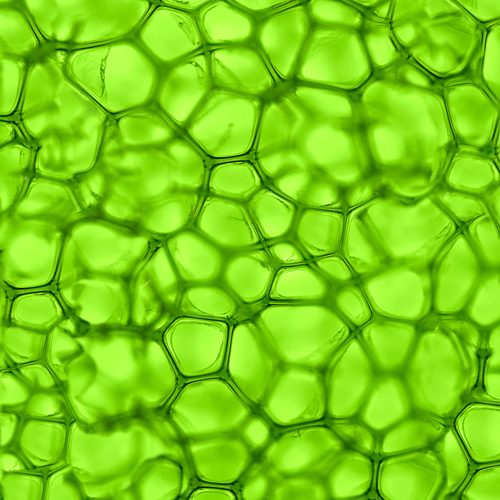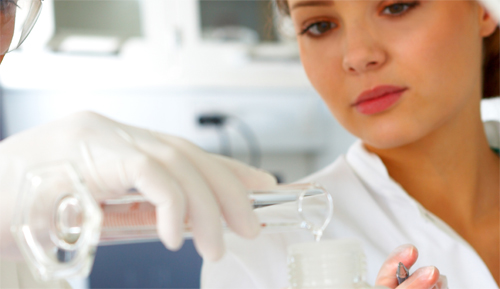
Industrial biotechnology
Development of Swiss biotechnology beyond the biopharmaceutical sector
What is industrial biotechnology?



Starting position
The importance of biotech to healthcare is widely recognized, but biotechnology also provides highly effective solutions to global industrial and environmental challenges.
Industrial biotechnology enables more resource efficient and sustainable manufacturing processes. It creates opportunities for abating pollution, reusing waste, creating new products and more profitable and sustainable production pathways. It has a crucial role to play in a low-carbon, circular economy, and sustainable chemicals industry.
Biotech is likely to be a transformational technology over the next 20 years with forecasts of a USD 4 trillion annual market. Of this, 20-25% could be accounted for by industrial and environmental biotechnology; when biomaterials are considered, this could be even greater.
Given Switzerland’s strengths in biotechnology research & development and manufacturing process equipment, it should be a global leader in the bioeconomy. Industrial biotech can build on Switzerland’s world-leading research and frequent ranking as the global leader in innovation.
Goal
The Swiss Biotech Industrial Biotech Chapter “SIBC” will foster collaboration between industry participants, accelerate commercially-relevant innovation and promote the industrial biotech industry in Switzerland to key stakeholders in Switzerland and its international business partners.
Fostering networking through strategic, national and international partnerships
The Chapter will connect industry and industrial biotechnology clusters; organize and co-promote national and international events; and provides access to information through working groups.
Attracting talent, know-how and financial resources to drive innovation and growth
The Chapter will help to accelerate development of innovative and commercially valuable products and catalyze growth in the industry in Switzerland by sharing market trends and opportunities and providing input to research priorities. SIBC will also engage with and inform key stakeholders, especially in the finance community, and future customers to develop commercial opportunities.
Promote the industrial biotech industry in Switzerland
The Chapter will become a key point of contact for third party stakeholders and become the “to-go-to” source of information on the industry. It will also promote the industry and document success stories to promote the contribution of industrial biotech.
Developing favorable and competitive framework conditions
Building on the broader success of Swiss biotech in life sciences, the Chapter will work to develop favorable and competitive conditions.
Promoting industrial biotech through the Swiss Biotech Association
Swiss innovators champion industrial biotech:
Focus on flexibility, market diversity, and environmental impact
Industrial biotechnology promotes more energy-efficient and sustainable manufacturing processes as well as creating opportunities for reducing pollution, reusing waste and creating new products. It underpins a circular economy and a more sustainable chemicals industry which prioritizes protecting scarce natural resources. New bio-based products and processes have far-reaching and disruptive impacts on many aspects of everyday life. Read more about pioneering early-stage Swiss companies which presented at the 2024 Swiss Biotech Day.
What is needed for Switzerland to become
an industrial biotech powerhouse?
As part of its support for industrial biotech in Switzerland, the Swiss Biotech Association convened an excellent panel of experts from across the industrial biotech value chain at its annual Swiss Biotech Day in April 2023. Moderated by David Lyon from Pheida, the panel included senior representatives from investors, engineering companies, and consumer-facing companies. Read the full conference report from the CHIMIA magazine.


